What if you just drove and drove, until weeks passed. And if you ate a particularly late dinner one night, a particularly early breakfast one morning, and drove some more, and slept yet another night under white hotel sheets, and then kept driving. And if, like an astronaut on a tether, you passed through the whole country that way, not fully touching what you touched and not fully experiencing what you saw and not really learning anything, except that everywhere is just like everywhere else. Which was something you already knew.
What if all your thoughts ballooned outward until they fit the insides of a car? If the atmosphere of your thoughts glued itself like a rubber skin over the playa dust and the muffin crumbs, so that you drove down the road as a mind on four wheels, not stretching a single hand out the window, and not opening yourself except to the road places—rest areas, gas stations, fluorescent fast food counters—and then closing and locking yourself in, the air recirculating and recirculating.
You might as well have stayed home. You could have stayed in bed for weeks instead and traveled farther. But then you wouldn’t have seen the Pacific. So, instead of lying in bed, you drove across the country. You drove to Ohio. Kansas. Utah. Then to California. You sat on a driftwood log and watched the little toy surfers wade out into the Pacific Ocean, ride the crescendo of a wave, and topple under again. Somehow, you felt better at the ocean. You slept to the heartbeat of waves hitting the sand.
In the morning, you kept driving.
Each night, in each hotel room, I read another chapter of Grief is for People. I can’t help being a diligent student. After he died, I started checking out books from the electronic catalog of the New York City library system to learn how to recover after a suicide. I wanted to know how it felt when it happened to someone else. Then I could know if what I’m feeling is normal. Or maybe I wanted to know if I’m really feeling anything at all. Is it normal not to feel anything after someone commits suicide? Is it normal to be completely fine?
“How difficult it is to love someone who was so wrong and who will never be right again,” Sloane Crosley writes in Grief is for People. I found that sentence comforting, so I saved it. It doesn’t fit me exactly, but it’s a near-enough miss.
Maybe I’m not fine, exactly. Maybe it’s not fine to spend so much time arguing with a dead person inside my head.
What is wrong with you? He used to scream that at me, my ex-husband did, if I dropped something, or if I forgot to bring the grocery list to the store. Now I scream it back at him.
If I had five or six other lives—I start too many thoughts this way, always wishing for more than what I can have. But if I had five or six, I would live one life in a white house on the main street of Pescadero, California. A two-story white house with multipaned windows and a wide porch and big, floppy hydrangea bushes out front.
My mom and I stood at the driveway of the white house, where it met the main road, one foggy afternoon a long time ago. This was when her dog Cooper was still alive. It was before he hurt his leg and slowed down. I was still in the early years of my marriage. That day, she and I walked Cooper up the street from Duarte’s Tavern to the edge of town, where the perfect white house oversaw a wide green lawn and a long driveway. And we talked about how it would be to live in Pescadero in that house. To walk down to Duarte’s for coffee and olallieberry pie. To shop in the little grocery market, the little candle shop and the antique stores, and to buy vegetables from the farmer’s market stands on a weekend morning, then drive a few miles to the beach.
She brought that up again last week. “If I had another life,” she said, “I could live it in Pescadero.” And I smiled to hear my thoughts echoed.
It’s too quiet, we agreed. Too small a town. “I’d lose my mind.” That was me. I had already lost my mind once in a tiny town. Not again. But if I had a few spare lives, then maybe one there. I could write a book in that house. I could put a baby grand piano in the front parlor.
I’d lose my mind, but it would be a lovely place to do it. If I had another life to spare. If I had five or six. If I were so lucky.
I woke up on the 5th of July and turned on my phone. Three people were killed by a drunk driver in New York on the holiday. The car careened into the esplanade at Corlears Point where people were celebrating and barbecuing. A few mornings later, I woke up in another hotel room. Four people had been shot in Ohio.
These American-style tragedies get so overwhelming, all day, every day. A family annihilator in a suburb somewhere. An isolated crazy guy with a knife on the street. A steady trickle of unnecessary deaths. And then, when I think of tragedies elsewhere—a million killed in a storm in Bangladesh. Millions starving to death in Sub-Saharan Africa. Waves of child soldiers being shot by other children in the desert or the jungle or, God, I have to stop. It’s too much to even think about.
This morning I checked the news on my phone and thought, okay, maybe he’s right. Maybe a single life isn’t worth much in the grand scheme. It isn’t special. There are hundreds of thousands born every day. Is it actually millions? Maybe millions are born every day. There are so many, I don’t even know. And a nearly equal number die. Maybe he’s right that a life is something you can just throw away.
But I can’t believe in that and also believe in redwood trees.
Not them exactly, but the sensation of standing in a forest of them. The sensation of being alive, on healthy legs, and with healthy lungs breathing them in. Paul and I left the coast last week and, heading north, I pulled off Highway 101 onto the Avenue of Giants, mostly to find a shady place to let the dog walk for a minute. We stopped on a wide shoulder and walked Santo. And before I got back into the air-conditioned car, I stood under the trees and breathed.
Just be where you are.
Just in. No thinking. Just breathing.
Then out. That incredible silence. That smell.
My ex-husband chose not to smell that redwood forest smell ever again. I don’t understand how you choose to give that up. Did he forget the redwoods were there? Did he forget what a forest is like? Soft dirt, soft pine needles. Water dripping somewhere.
If he had stayed alive until July, the peaches would have rolled in on a truck from Palisade, Colorado. He was the one who told me about Palisade peaches. Did he forget about them? There would have been sweet corn in the farmers markets. Those heavy, dark Washington cherries.
Once, a long time ago, we threw cherry pits out the car windows together. We were driving down a dirt road in Colorado, on a day when we were both happy, or happy enough. I don’t think it was just the cherries.
He really loved certain things. Old Western movies. Schmaltzy pop songs from the 60’s. I didn’t like a lot of the things he loved—which was funny in the beginning. He thought I was such a snob. Then it was one of the many things that became less funny over time.
And he was just crazy about the redwoods. We were both nuts over them. We took this same drive once, and he stomped around for a long time under the trees. I’m trying not to remember the fighting that came before or after. He did love this place. And he loved cherries.
Trees and really good cherries don’t sound like enough to live for, unless you imagine never having them again.
How do you decide you’ll never eat a Palisade peach again? How do you decide you’ll never see Paris again?
I don’t understand.
I spent a year in therapy after I left him, practicing how to make his voice quieter. Even in my own mind, his voice was so much louder than mine and I couldn’t hear myself over him. Over the course of a year, in my sessions, I made him smaller and smaller, so that I could sweep him out the door with a broom. I turned him off with the dial on an old TV set, so that he collapsed to black and I could be alone with my own thoughts again.
He doesn’t talk much these days. But somehow, now that he’s silent, I find myself talking to him.
What is wrong with you? You asshole. You complete asshole.
What is wrong with you?
With another few years–a decade–you could have finally gotten your shit together. Or, sure, you could have spent the rest of your life drinking and taking drugs, and sending me nasty emails, and being the worst possible version of yourself. Or you could have found some new woman, someone who never argued with you, and then you could’ve hated her for being weak. You could have figured out every single little thing that was wrong with her and told her all about them. Wouldn’t that have been more fun than this?
You couldn’t work it out? This basic thing of staying alive? Babies know how to do it. You breathe in. You breathe out. People with broken bodies and so sick they can’t stand up. The worst off, the ones with nothing to live for. Even the dying. Especially the dying. They all want so badly to live. And it isn’t like one of them gets to keep living now, because you didn’t. It isn’t like some kind of good comes out of it.
Can I have those years? You know, since you didn’t want them. Since you didn’t need them, apparently. Can I just take them and give them to someone I love? Maybe my mom could use a few of those years, however many years you just threw on the fire. Can I give some of them to her?
Some days it’s easy, and some days it’s difficult, the “being fine” part of it all. We weren’t together anymore. I had already moved across the country, far from the places that felt like they belonged to him. If he hadn’t chosen to pull me into the details of his death, I would have been just a bystander, 1500 miles away. I still don’t know how to talk about it—is it a big deal? I don’t like to sound dramatic.
“Sorry I couldn’t make coffee last week, I was driving across the country. I’ve been helping to settle an estate in Kansas.”
“Oh, I’m sorry. It was someone close to you?”
“My ex-husband.”
“Oh.” No one knows quite what to do with that relationship. An ex-husband isn’t family and isn't a friend. He was my whole life for 12 years, then he wasn’t at all, and now he doesn’t exist anymore. How do you classify that person?
For a month or so after his death, I resisted telling anyone the worst part of it. But I can’t stand the idea of keeping secrets with him, so now sometimes I add:
“He killed himself in March. On our anniversary.”
“Oh. God.” Everyone says.
“Anyway, Paul and I needed to take his photo collections from Kansas to Utah, then we drove out to California and I saw my mom and the ocean and, well, the weather was just awful…” It can be hard to move that conversation along.
It’s such an odd way to be fine. I’m fine, in that I get up in the morning and do all my normal things. I still go to the gym and meet with friends and walk the dog to the river. I haven’t been crying, not recently. I still love my life just as much as I did before. Yesterday, I bought some Washington cherries and ate all of them, not because of him and not despite him, but just because they’re wonderful. And sometimes, yes, I do yell in my head like a crazy person, and sometimes I do feel like my thoughts are swallowing me whole. But mostly I am fine.
When he died, I hadn’t seen him in over two years. He wasn’t a part of my life, except for occasional emails or text messages. I wouldn’t hear from him for weeks or months, and then he’d reach out and say something awful and wreck a day or two. He’d go away again, and normal life would reassert its hold on my attention. My life with him dead isn’t different from my life with him alive, except that I don’t have to brace myself to hear from him again. For whole stretches of time, I can forget anything happened.
But then, when I remember, it's always at an odd moment. As I’m putting clean sheets on the bed. As I’m reaching down into my purse to check that my keys are in the right place. As I’m brushing my teeth.
He isn’t just far away. He’s dead. He isn’t just not talking to you right now. He’s dead. Actually Dead.
And then I feel blank. Confused. There’s a right thing to do with this knowledge, but I don’t know what it is.
I keep walking out to the river. It isn’t big enough.
I need to drive out to a real beach and look out at the ocean. I feel better at the ocean. I want a view of something so big and blue and endless and utterly beyond me. Something so big I can’t see the other side.
The ocean is so huge, you can’t grapple with it. And that’s what I want: to stop grappling. To give up. That’s the beauty of the ocean—giving up is the right thing. It’s the only thing. I’ve always been smart, but I’m not this kind of smart. My mind can’t see around this.
One day soon I’ll take myself to the beach, just to sit on a beach towel and look out into the big, blue unknowable. A day where there’s nothing to do except fiddle with the sand. Buy myself an ice cream cone. Bleach myself in the sun and listen to people laughing.
I’ll listen to a new song, a song that didn’t exist until now. A song you have to be alive to hear.
If you enjoyed this post, hit the ♡ to let us know.
If it gave you any thoughts, please leave a comment.
If you think others would enjoy it, hit re-stack or share:
If you’d like to read more:
And if you’d like to help create more Juke, upgrade to a paid subscription (same button above). Otherwise, you can always help with a one-time donation via Paypal or Venmo.

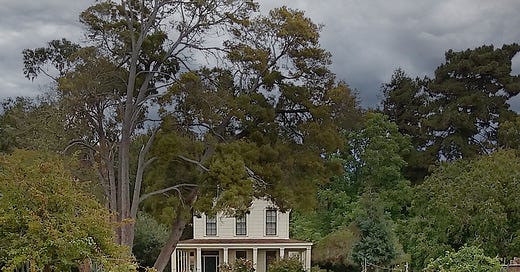


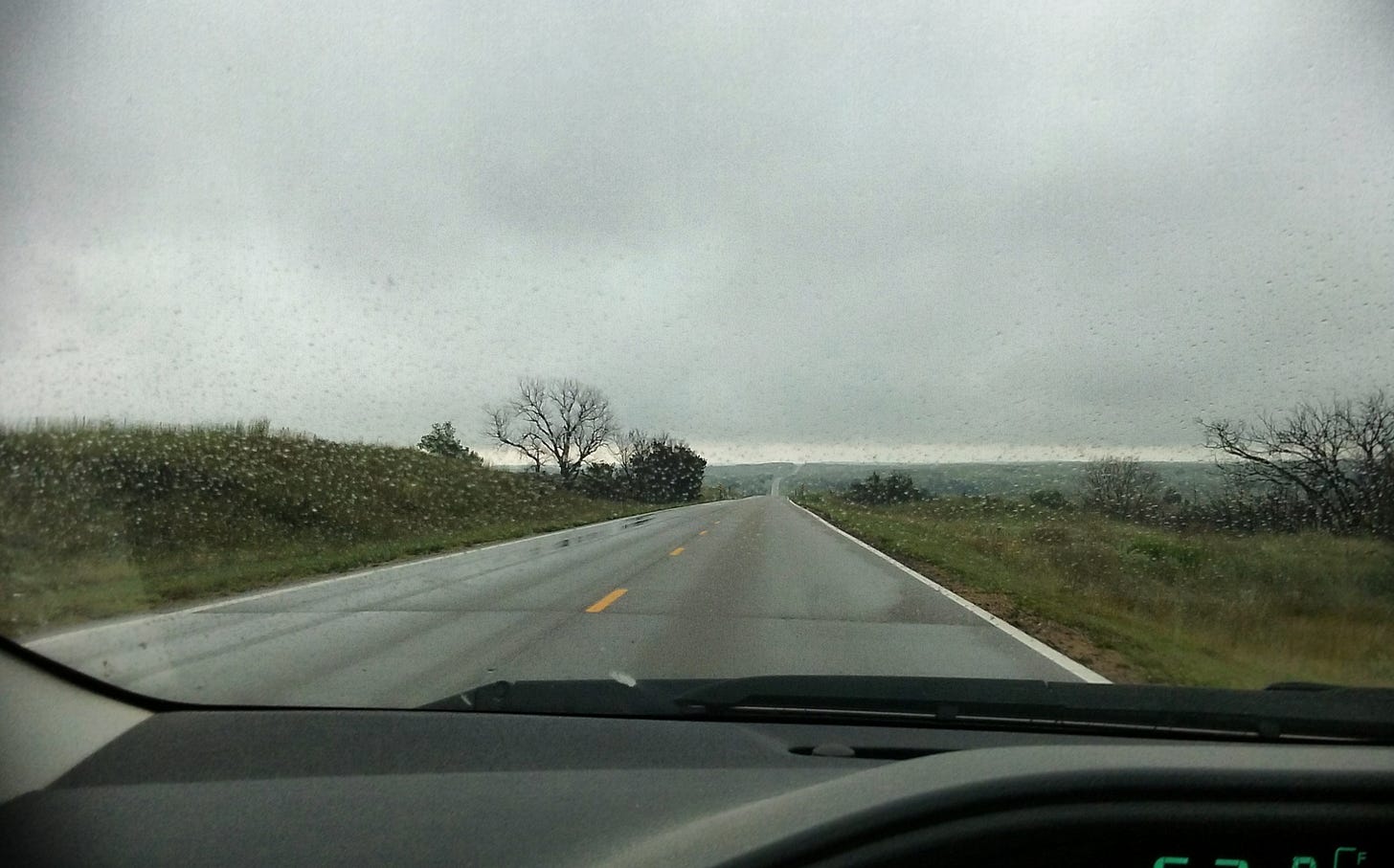

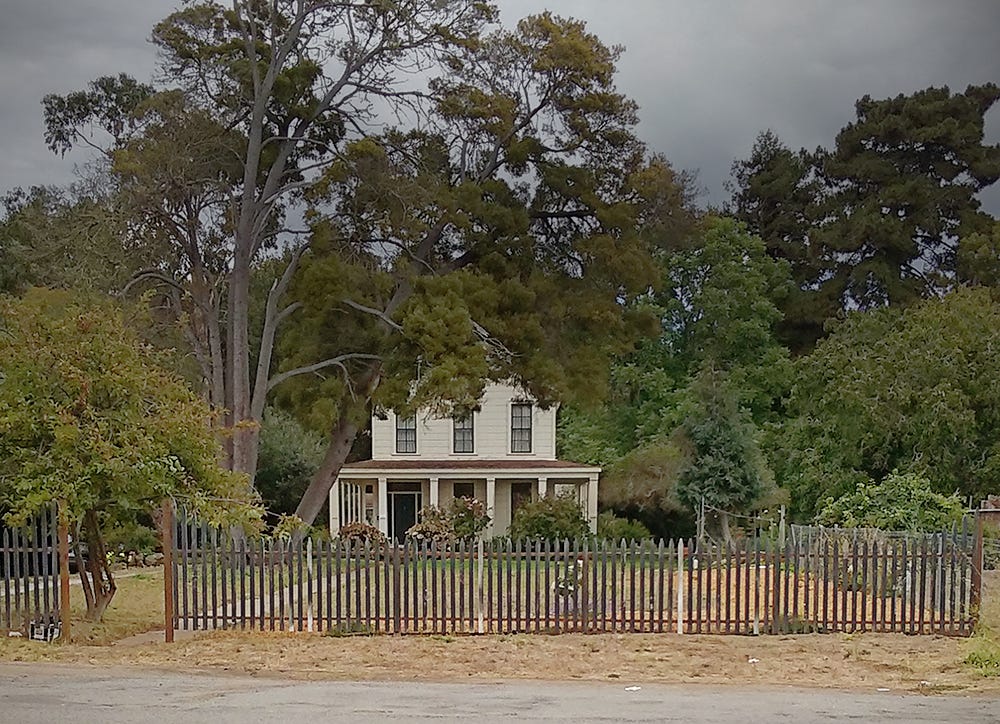

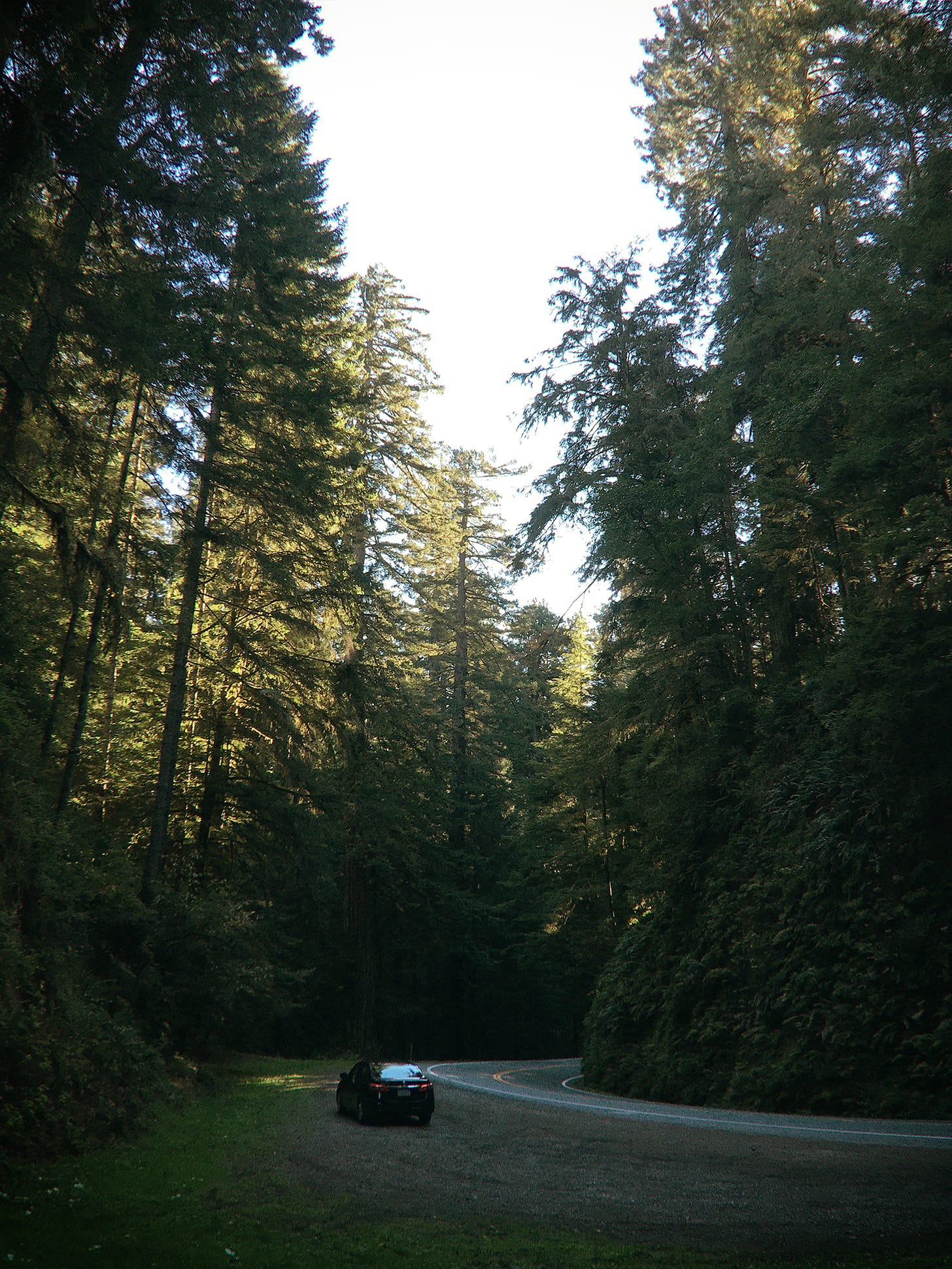

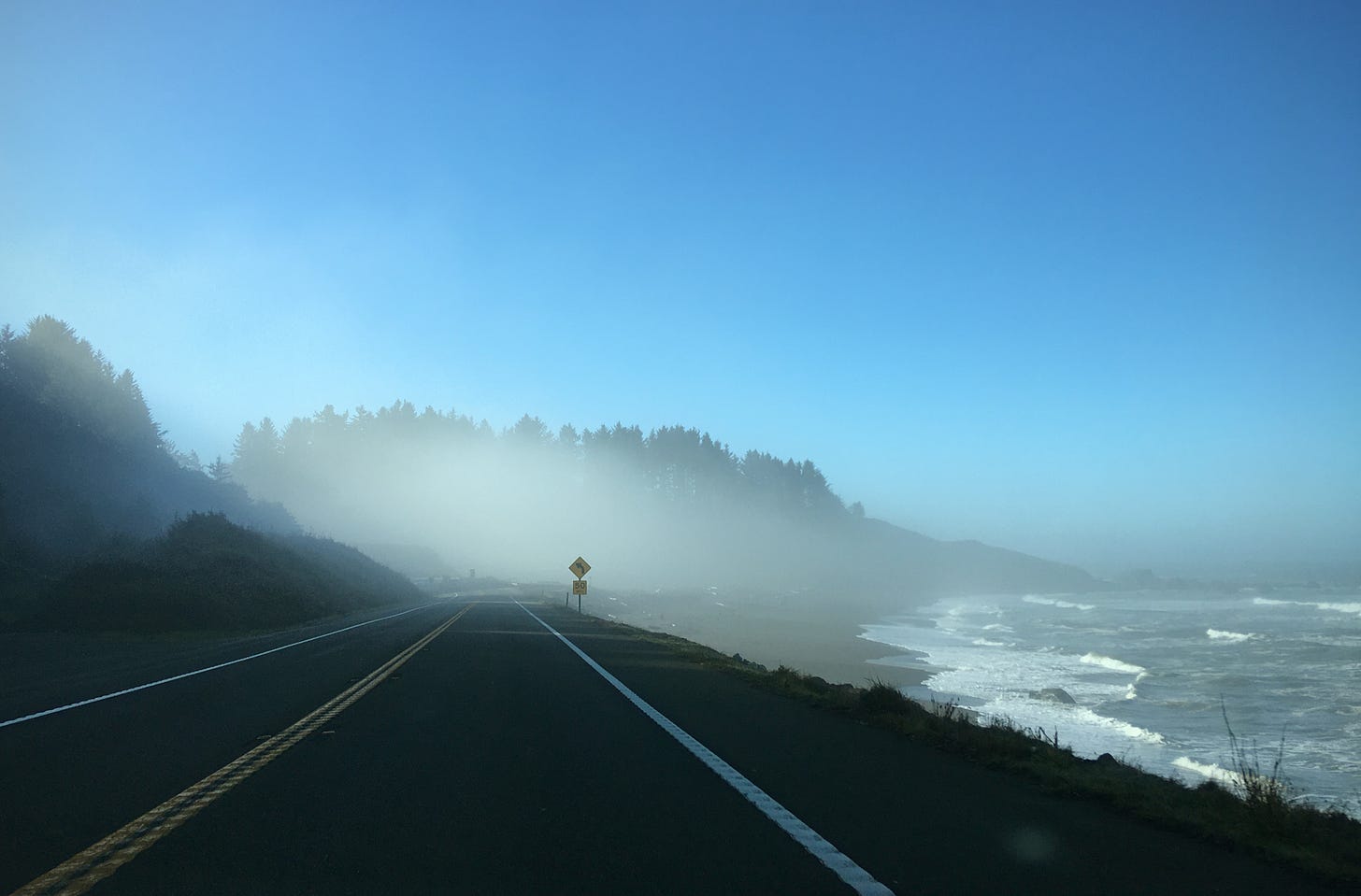
such a powerful piece. your ability to write about and describe feelings and small details has always amazed me. But you take it to a whole new level with this one, tonya. this one is raw and intimate and exposes vulnerabilities and and pain caused by your ex in such a personal way. Death ends a person and it also removes the target of deeply held anger or resentment. I remember when my dad died when I was 15. We weren't close, I feared and hated him as only a 15 yo can fear and hate a cold and remote father. And then he was gone. "Hey, wait a minute, you can't die, I'm not done being angry at you!" He died of a heart attack, not suicide. there is a big difference of course, and you express so beautifully the anger and confusion of the decision your ex made. I resented my dad leaving me without a place to send my feelings of anger - now, what am I supposed to do with those feelings? And still, after almost 60 years I am still trying to find out.
Tonya, these intimate stories revealing your life with him astound me. Your capacity for expressing feelings and relating bits of story are drawing the picture of a very sick, selfish man who abused a fine, talented, and beautiful woman.